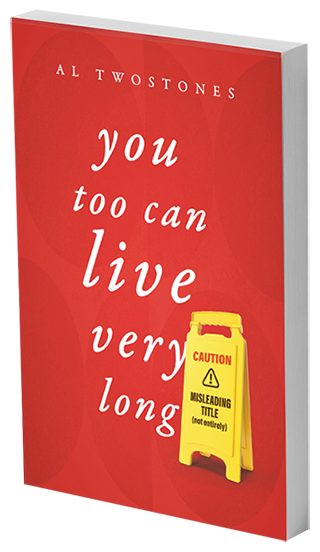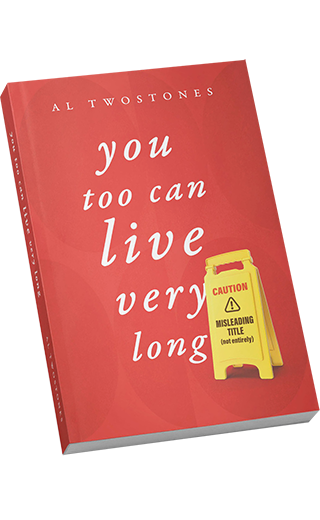Get enlightened —
laughing all the way!
“A little later, Einstein wrote that the Creator does cast the dice but on his own terms. That sounds a little better. I would just suggest the dice be cast by the thrower. There’s no need to burden God’s hand.”
Go on a Journey
Elisabeth Bibesco
Explore the Book
What Readers Say
Unique...
This book is unique in its approach (…) One moment, you’re laughing out loud, and the next, you’re questioning everything you thought you knew about existence.
Enlightening...
Get ready for a roller coaster of wit, sharp observations, and thought-provoking ideas (…) Prepare to be entertained, engaged, and perhaps even enlightened in the process.
Inspiring…
This is a massively creative and unique philosophical read. It's hugely ambitious though appearing not to be so, which makes it amusing while educational and inspiring all in one.
Exceptional…
"You Too Can Live Very Long" is a book like no other I've ever read. (…) Read it. Have fun. Ponder the sense of your life while shedding tears of hysterical laughter.
Charming...
The author’s charming self-deprecating style keeps things light and fun, while underneath that humor, you’ll find some truly thoughtful philosophy.
Out of words…
I'm a bit out of words as I'm typing this (…) it's almost as if the book is an outcry from my own soul in an attempt to explaining everything once and for all, for goodness' sake!
“If this book becomes popular, I won’t despise a certain financial bonus resulting from that popularity. I am fully aware that the possession of surplus money invites various risks, such as burglary, ransom kidnapping, or—in the event that no third party is involved—possible destruction, usually mental, of the surplus holder. I will consider it, say, as an interesting experiment to what extent I’m going to be susceptible (or immune) to this destruction.”
Buy the Book
